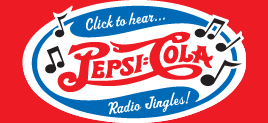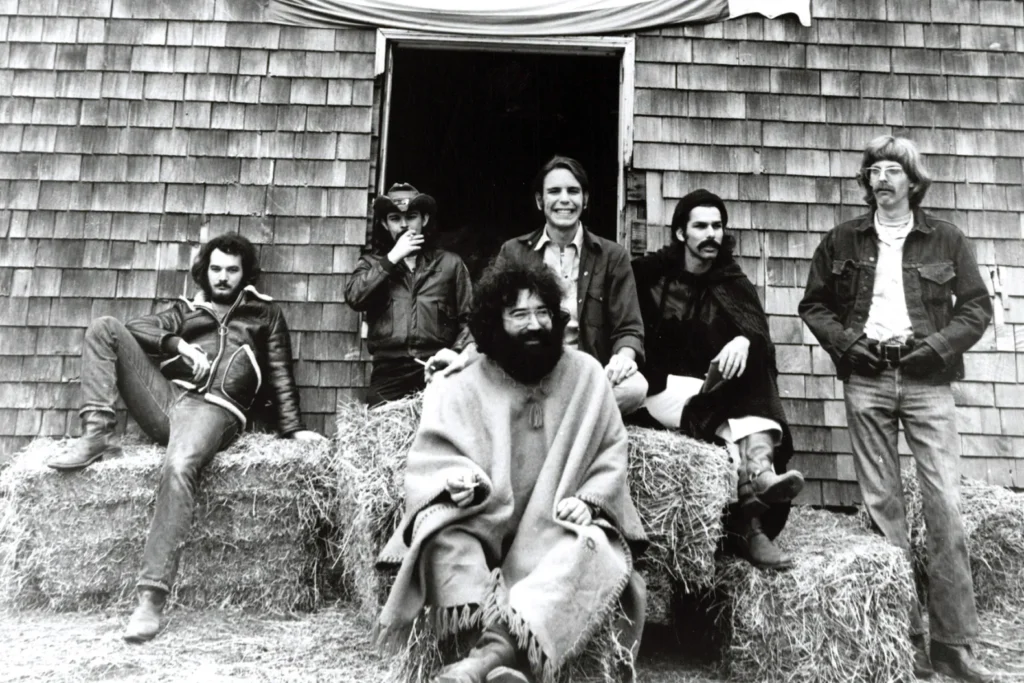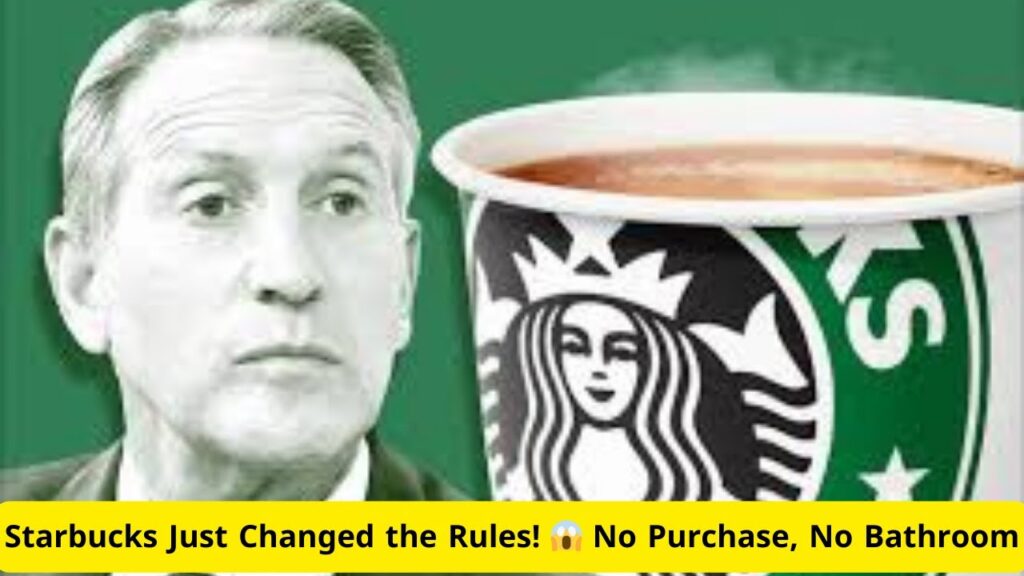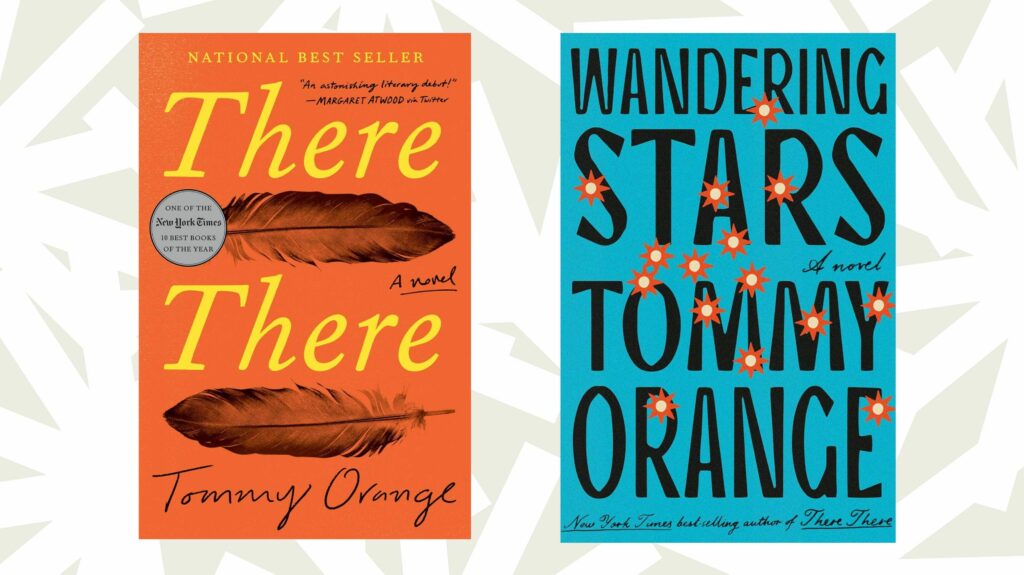Would You Rather Be Successful or “Cool?”
Six years ago, I wrote a piece called Bring Back the Jingle. In short, I posited that while no longer in vogue, it’s hard to argue that jingles aren’t highly effective. People who grew up in the jingle age can sing dozens and dozens of them despite the fact that they haven’t run for decades.
Living under an avalanche of “content,” bombarded by thousands of advertising messages every day, distracted by constant texts and multiple social media platforms, it would seem like advertisers would want to do anything to gain an edge in getting people to remember their messages. But no. With popularity ratings among creative directors ranking even lower than Donald Trump’s numbers in Mexico, jingles are simply off the table at major U.S. ad agencies.
Hip creative types who understand “cool” way better than the rest of us, not to mention their target consumers, would much rather license a classic rock song for their spots, or better yet, find that new, up and coming indie band.
A generation or two ago, the price of entry into rock music stardom was a “stick it to the man,” anti-establishment attitude. Fans expected nothing less. Music was about art, free expression and political outrage. Even at the height of their fame and commercial success, the Beatles still churned out protest songs.
That’s all changed. A excellent piece from The Atlantic, What Killed the Jingle?, by Tiffany Stanley, provides an excellent history of the jingle, and pinpoints the moment in time when the tide started to turn:
“When the (Beatle’s) song “Revolution” appeared in a 1987 Nike ad, thanks in part to (Michael) Jackson (who had bought the Beatles publishing rights), some diehard fans were indignant, and the surviving Beatles sued Nike. An undisclosed settlement was reached, but the signal was clear: Not even the most sacrosanct counterculture bands of one’s youth were safe from advertisers.”
I was indignant myself when I saw that ad for the first time. “Revolution” in a TV ad? Revolting! John Lennon must have been rolling over in his grave. Of all songs, this one was clearly not intended to sell sneakers. It was the start of very inappropriate songs – albeit with great hooks and maybe a word or two that related to the brand – being used to sell products. One of my favorite examples of this is how Iggy Pop’s “Lust for Life” (co-written with David Bowie) show up in a Royal Caribbean Cruise Line campaign. A song about heroin use with all kinds of sordid references to hype family vacations at sea. Here’s the first verse:
Here comes Johnny Yen again
With the liquor and drugs
And a flesh machine
He’s gonna do another strip tease
Hey kids! Let’s shoot up and climb the rock wall!
Of course, all questionable lyrics were edited out, and the song was reduced to “Here comes Johnny Yen again, with lust for life. I’m not sure anyone ever asked who Johnny Yen was and what he had to do with the Royal Caribbean Cruise Line. But it must of worked, as the campaign ran for many years.
Still, there is something very wrong with this picture.
The Atlantic piece explains:
“As it got harder to gain exposure and make money, many more stars allowed their music to be licensed in commercials…Once maligned as selling out, licensing singles is now an accepted part of making money as a musician. “It’s no longer a bad move for an artist to license a song or partner with a brand,” says Chris Clark, the director of music at the advertising agency Leo Burnett. “It’s become more of an essential move.””
It’s an essential move because musicians can’t make money the old fashioned way anymore, i.e., selling records. Landing a network spot or a slot in a TV show or movie is not only a major money maker for musicians, it helps spread awareness and builds popular acceptance as well.
It’s the perfect storm. Musicians actively seek commercial deals just to make a living. Ad agencies, the gatekeepers of cool, are more than willing buyers. The jingle is dead.
My friend and frequent collaborator Bruce Dundore, advertising veteran and award winning Creative Director, explains that jingles are among the “most effective ways to communicate.” He points out that just as “rhyming songs are effective communicators of language to babies, words that rhyme infuse the sound of those words with enhanced meaning. At the same time, the melody, or hook, stays in the mind until it floods back from the unconscious to the conscious when the product is seen again.”
Bruce goes on to say that people see commercials they deem to be “great” but are then unable to remember the name of product or service. But the jingle “locks in the brand name and message. “I wish I were an Oscar Meyer Weiner.” “Things go better with Coke.” “GE. We bring good things to life.” And on and on.
I wonder. Is it better to be cool than successful? I guess so.




